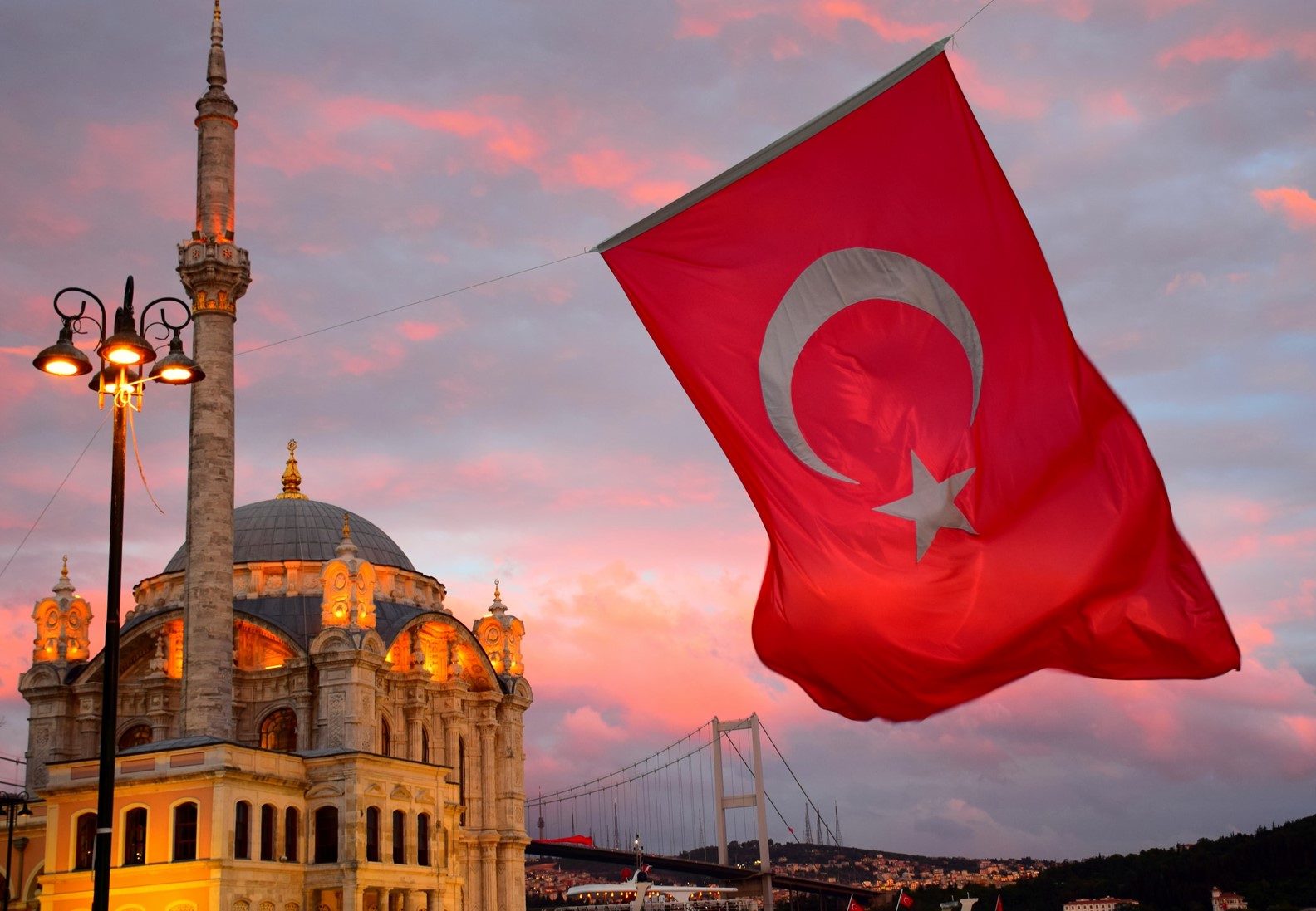October 29, 2023, marked the centenary of the Turkish Republic. It is not easy to account for the many human rights and wrongs that have occurred over the last 100 years. Naturally, the 100 years of the Republic are remembered, celebrated, and analyzed in present-day Türkiye. Many point to gains such as democracy, secularism, and equality between women and men. In contrast, others focus on the achievements of the last twenty years, when the Justice and Development Party (Adalet ve Kalkınma Partisi) has been in power, such as strengthened civilian oversight of the military and the loosening of restrictions on Islamic practices in the public sphere, most notably the use of the headscarf. Polarization is alive and well here: the former group highlights the role of Mustafa Kemal Atatürk, the founder of the Republic, while the latter highlights the role of Türkiye’s current president, Recep Tayyip Erdoğan.
Over the last hundred years, the boundaries of human rights have continuously changed. Despite these shifting paradigms, however, deeply rooted challenges to human rights have remained constant. These have followed from the Turkish state’s determination of who is a legitimate citizen and which state interests serve as permissible grounds for restricting human rights. The state’s treatment of religion, specifically Islam, as a reference point in public policy, has been a critical factor in this process. Ruling powers have failed to guarantee conditions that would uphold non-discrimination and the flourishing of minorities. As a result, people who fit the ruling power’s definition of citizenship have been accepted, while others have been excluded. Can Türkiye move from this zero-sum approach to human rights to a win-win approach? The answer to this question will be critical to the next century’s human rights struggles.
The Republic’s emergence in 1923 largely coincided with the division of the Ottoman Empire into nation-states, the Turkish Independence War, the establishment of a new constitutional regime, pervasive nationalism, and devastating poverty. The abolishment of the monarchy, the khalifate, sharia courts, and Islamic religious communities (tarikat) has had a deep and widespread impact on the place of religion—and, more specifically, Islam—in state affairs and public life.
Secularism was enshrined in the constitution as a defining feature of the Republic in 1937. The implementation of secularism has opened the way for myriad progressive policies and practices that uphold human rights, among them the equality of women and men and the adoption of a secular civil code as opposed to religious personal laws. Perhaps the reform with the most lasting impact has been that under a secular Republic, religion—for instance, Islamic dogma and doctrines—could no longer be the source of law.
The way secularism has been implemented, however, has also had a profoundly negative impact on human rights, especially for practicing pious people, through measures such as the headscarf ban and the Presidency of Religious Affairs’ monopoly on Islamic religious services. And while non-Muslims and other minority groups have equal formal status, their position has also weakened throughout the Republic. Despite constitutional protection of equal citizenship status before the law, minorities have not flourished, mostly due to policies driven by the ethno-Turkish nationalism that is pervasive and lasting in politics and bureaucracy.
Throughout the history of the Republic, the state has determined the attributes of a legitimate citizen, defined for many years as a secular Turkish Sunni Muslim citizen, perhaps more so a heterosexual man. The framework has shifted over the years; now, the legitimate citizen is the conservative Sunni Muslim Turkish citizen. Despite the changing framework, the constant is state control over this definition. Thus, the state determines who is excluded, currently non-Muslims, atheists, proponents of secularism, secular women, LGBTQI+ individuals, and Kurds. It is a zero-sum game.
The protection of the state and public order has been the raison d’être of the legal system, with courts legitimizing the acts of the executive. In the last decade, national values and public morality have played an ever more prominent role in defining the interests of the state. These notions have been drawn mainly from the understanding of Islam as articulated by the state-driven Presidency of Religious Affairs. For example, restrictions on public demonstrations by LGBTQI+ organizations, freedom of expression and media freedoms, and interference in television programs by the Radio and Television Supreme Council have been justified on the basis of morality and the nation’s values. In recent years, as the Freedom of Belief Initiative in Türkiye reports, over 100 foreign Protestants have been banned from entering the country again based on national security interests, defining missionary activities as a threat to the nation. Furthermore, the glorification of the family and the need to protect it has provided a convenient excuse for such restrictions.
Human rights may be restricted through measures described as protecting public order or public morals if they comply with strict criteria enshrined in international human rights law. However, when religion, religious values, and sensitivities become integral to rights restrictions, it is difficult to disentangle and properly assess them or even advocate for human rights. The reason for this is that the religion card supersedes other arguments. Many people in Türkiye today apply self-censorship when it comes to issues touching upon Islam, Islamic values, and Islamic sensitivities, as criticism of Islam or Muslims frequently leads to criminal prosecution. For example, the pop singer Gülşen was arrested over remarks on religious Islamic schools and prosecuted under Article 216 of the Turkish Criminal Code, under which denigration of religious values of a segment of the society is punishable by prison. As a result of such practices, freedom of expression is highly restricted not only in the legal sphere but also in social settings.
How can we counter these lasting impediments to the universal enjoyment of human rights? It appears that a good part of the next hundred years will be devoted to struggles against restrictions on human rights based on grounds that are linked to religious/Islamic and national values. A hundred years ago, the state initiated and carried out reforms. This time, however, it is not the state but society and civil society institutions—such as human rights associations, unions, professional chambers, bar associations, and academia—that must find ways to advocate for human rights, as well as the rule of law, democracy, and secularism. But this time, if Turkey is to avoid yet another zero-sum game, the guiding principle must be human rights for all—a win-win approach.


